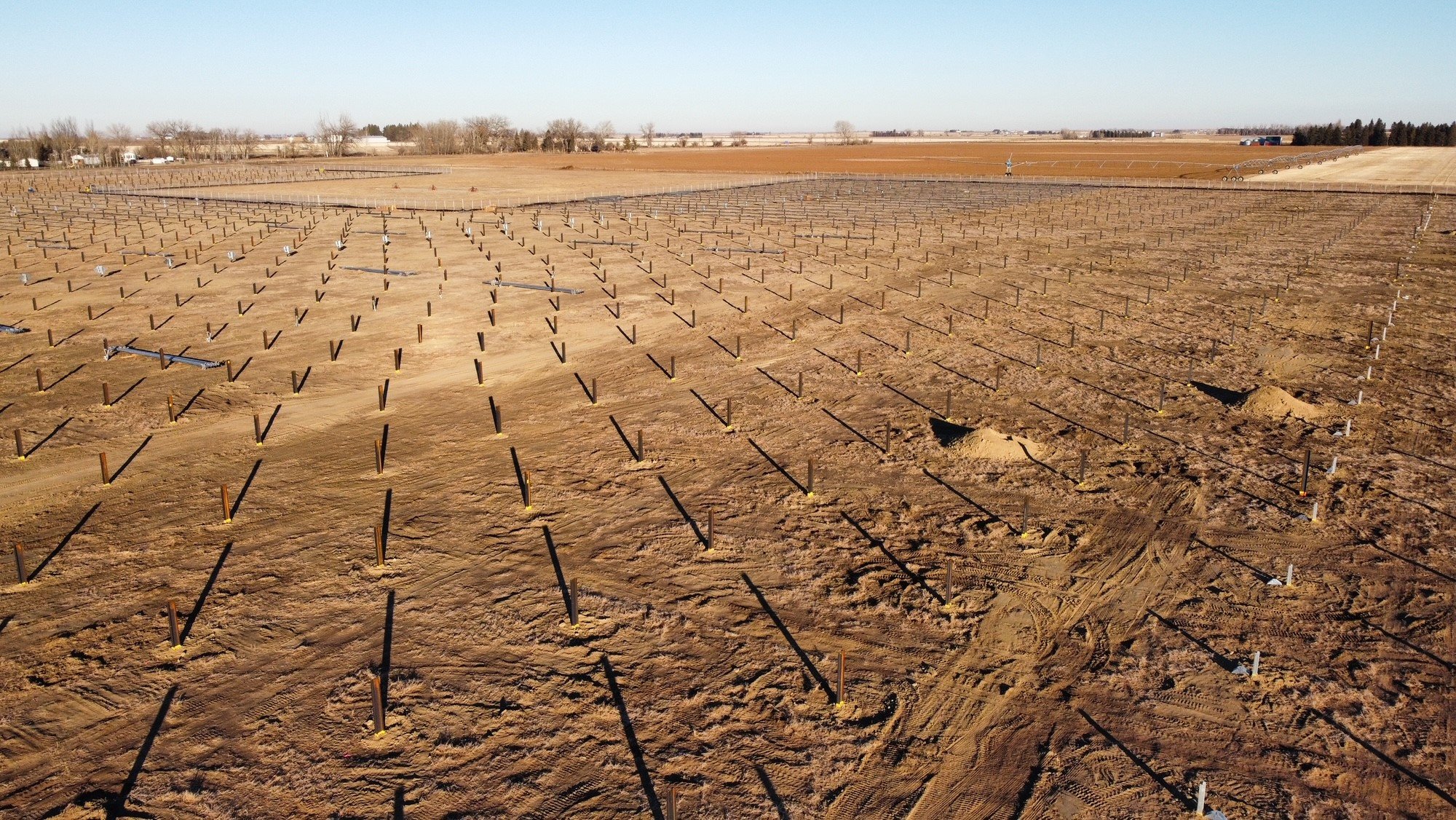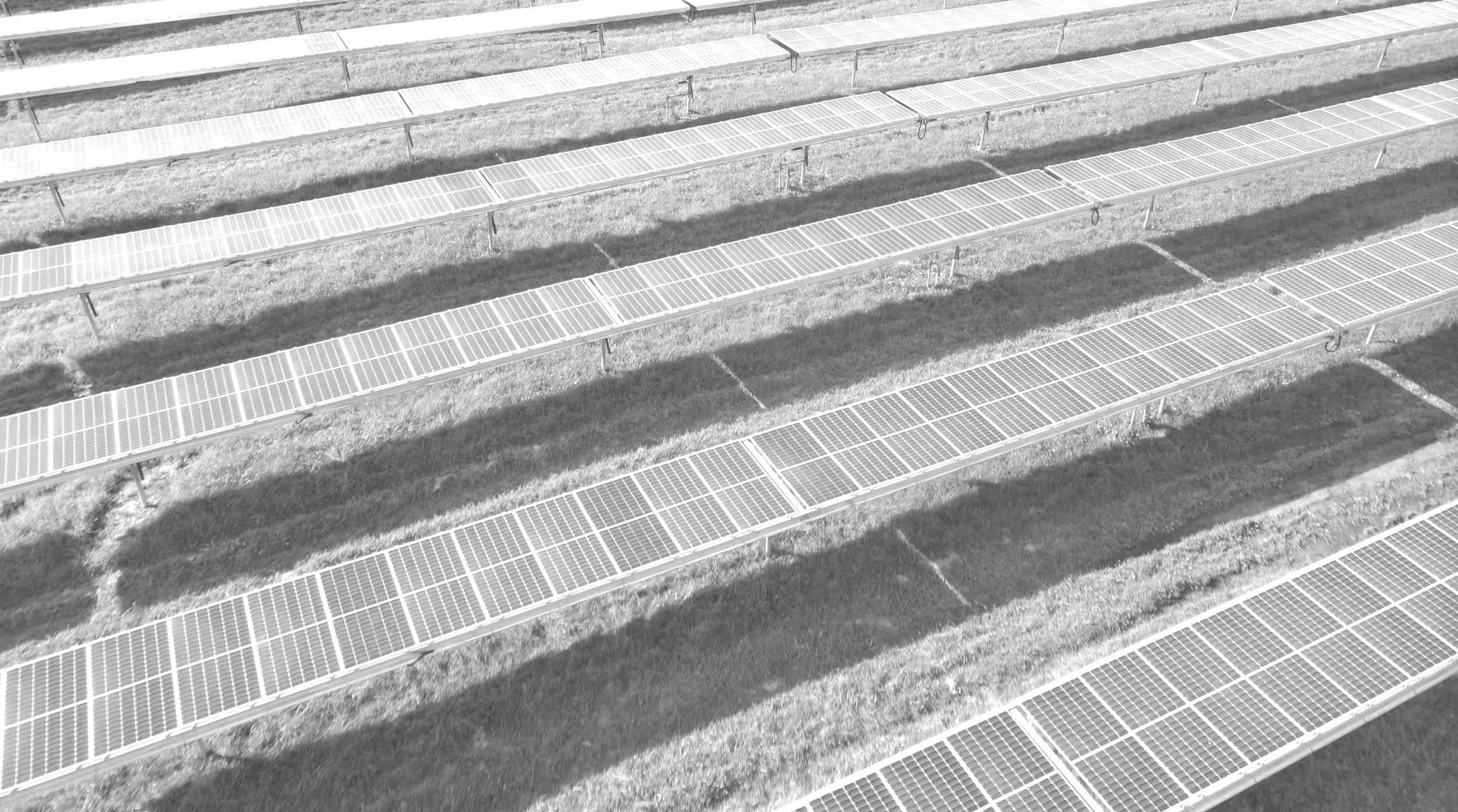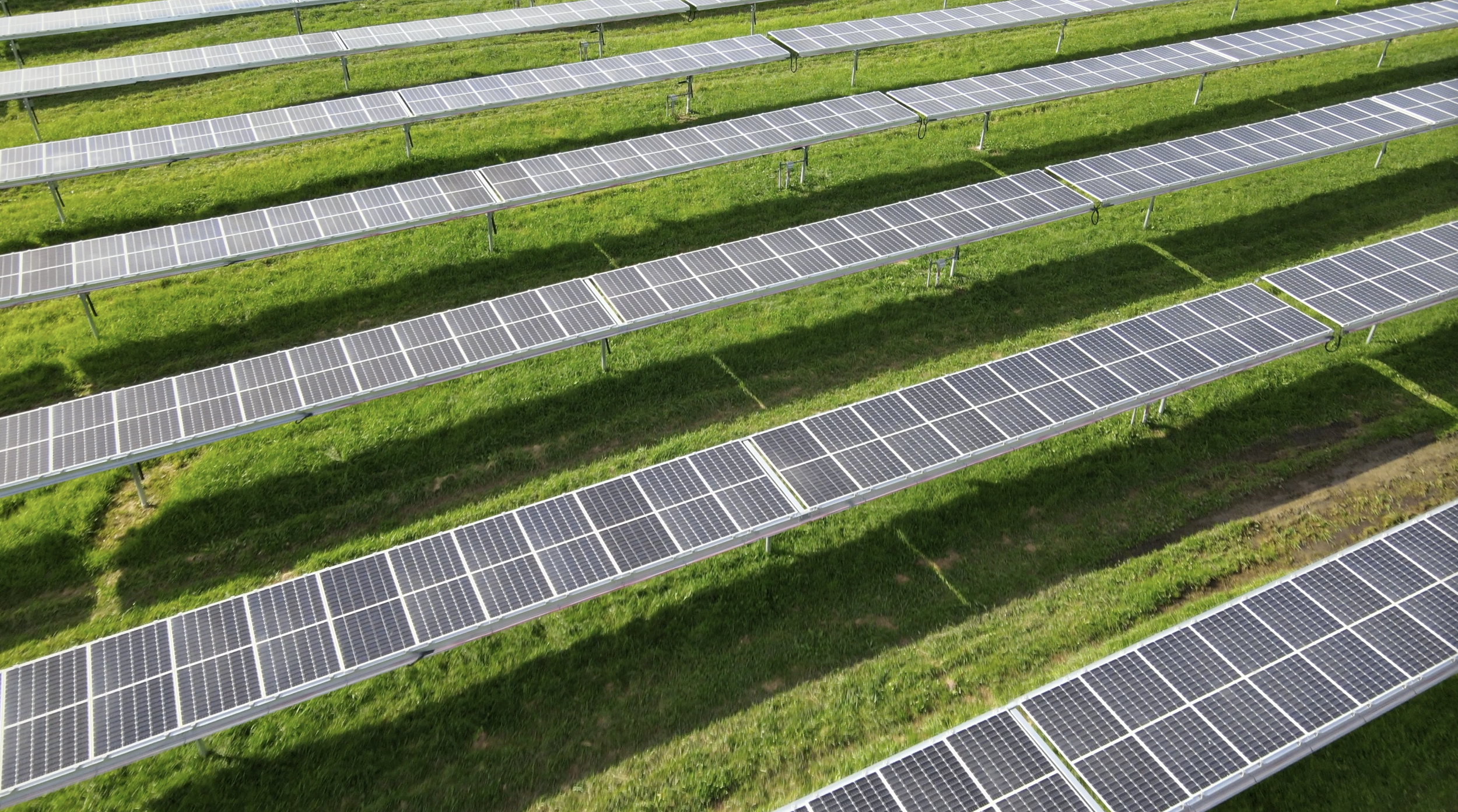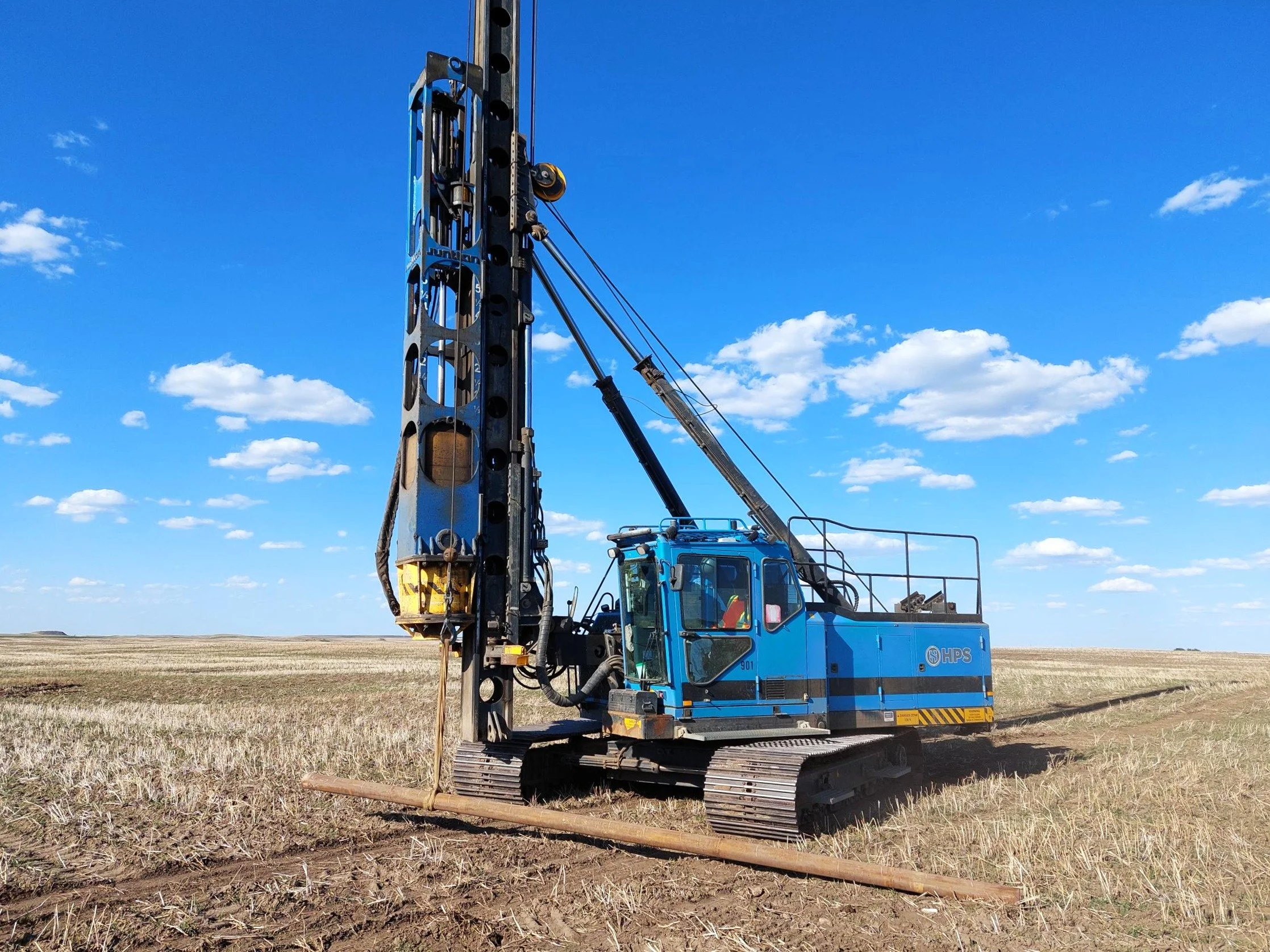
GEOTECHNICAL DESKTOP STUDY
OVERVIEW
Our team completes a comprehensive review of available background information, including topography, surficial geology, soil mapping, and previous subsurface investigations. This initial study helps identify potential geotechnical risks, guide field investigation planning, and support cost-effective design decisions.
WHAT A GEOTECHNICAL DESKTOP STUDY TELLS YOU:
A Geotechnical Desktop Study is a preliminary site evaluation that compiles and interprets all existing published data including geological, hydrological, and topographic data, prior to completing any fieldwork. Specifically, it provides:
SITE CONDITIONS OVERVIEW: A high-level understanding of potential soil and subsurface conditions, including depth to bedrock and static groundwater levels. Aerial imagery could also indicate vegetation conditions that may impact access to site and any low-lying wetlands which may pose challenges during construction and to the foundation design.
TOPOGRAPHIC AND DRAINAGE PATTERNS: Identification of slopes, low points, and runoff paths that could affect site grading or stormwater management. For solar projects, slope information could be verified with racking manufacturers to confirm maximum slope tolerances of the racking system.
HISTORICAL LAND USE INSIGHTS: Flags any past industrial or environmental concerns that may influence foundation design or approvals.
GEOLOGICAL HAZARDS: Identification of potential risks like expansive soils, erosion-prone areas, or seismic activity.
PRELIMINARY SUITABILITY FOR SOLAR RACKING FOUNDATIONS: Helps anticipate whether shallow or deep foundations may be required for solar arrays. The presence of bedrock in water well records also help with initial foundation designs and testing plans.
This early-stage insight supports efficient project planning and risk management before mobilizing field crews.
KEY BENEFITS:
EARLY RISK IDENTIFICATION: Helps avoid delays by flagging problematic soil or groundwater conditions before site work begins.
COST- EFFICIENCY: Reduces unnecessary fieldwork by guiding targeted subsurface investigations.
FASTER PROJECT START-UP: Accelerates decision-making for solar layout, foundation design, and construction sequencing.
BETTER PERMIT PREPARATION: Informs environmental and geotechnical documentation required for approvals.
OPTIMIZED FOUNDATION STRATEGY: Provides a foundation for efficient racking system design suited to the site's natural characteristics.
RELATED GEOTECHNICAL INVESTIGATION FOR SOLAR FOUNDATIONS SERVICES
SOLAR FOUNDATION DESIGN DEVELOPMENT
We can work with any racking manufacturer in the United States and Canada to consider racking loads from a multitude of products. Once we have identified the racking induced loads, we develop site-specific parameters based on the geographical area of the project.
CONSTRUCTION QA/QC ANALYSIS FOR SOLAR FOUNDATIONS
Our expertise and experience ensures efficient construction Quality Analysis (QA) and Quality Control (QC) of your solar array foundations. When designing a solar foundation for cold climates, QA/QC ensures your project is built to last.
PRODUCTION TESTING
PRI Engineering is one of the few geotechnical engineering firms in North America offering both pre- and post-production testing. Production testing assures you that our initial analysis and design recommendations are of the highest quality and result in durable structures that last throughout their intended lifespan.








